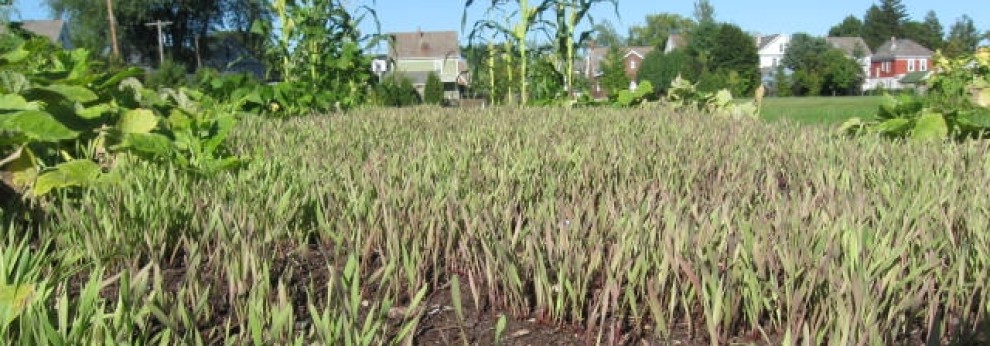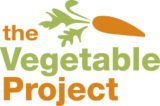 We installed a native perennial garden at Albany High School in June, right next to our vegetable garden. We hope it will be seen by the school district’s curriculum and instruction mandarins as a useful teaching tool.
We installed a native perennial garden at Albany High School in June, right next to our vegetable garden. We hope it will be seen by the school district’s curriculum and instruction mandarins as a useful teaching tool.
We believe that a walking field trip to our garden would pique student interest in how ecosystems function and help students understand why the National Audubon Society calls native plants – plants that grew naturally in a part of the world before we started thinking about moving things from continent to another 531 years ago – “the ecological basis upon which life depends, including birds and people.”
We would wager that students would get why Cornell ornithologist Ken Rosenberg, who led a study showing that the North American bird population has declined 30 percent since 1970, sees big problems ahead in the ecosystems that sustain us.
“We’re talking about pest control, we’re talking about pollination [and] seed dispersal,” Rosenberg says.
A rough idea of how native plants contribute to functioning ecosystems won’t be sufficient to address all the world’s environmental challenges. But it certainly is necessary. And learning definitely works better with real close-up engagement than it does in the passive and static classroom.
Thus, we invite teachers to bring classes to this garden of native plants in the fall to observe the insects and birds and other small animals that look to native plants, but not exotic ornamentals from distant locales, for shelter or food. We would be happy to support science teachers who want to bone up on the importance of native plants to healthy ecosystems.
We are confident that critically thinking high school students can grasp the connection between stressed environments and plummeting North American bird populations in the last 50 years. And we surely think that students ought to have the opportunity to explore environmental issues out in a more natural environment than an indoor classroom.
Many thanks to Dawn Foglia of Dawn’s Wildthings Rescue Nursery in Pittstown, Rensselaer County, for guidance in plant selection for this garden.



